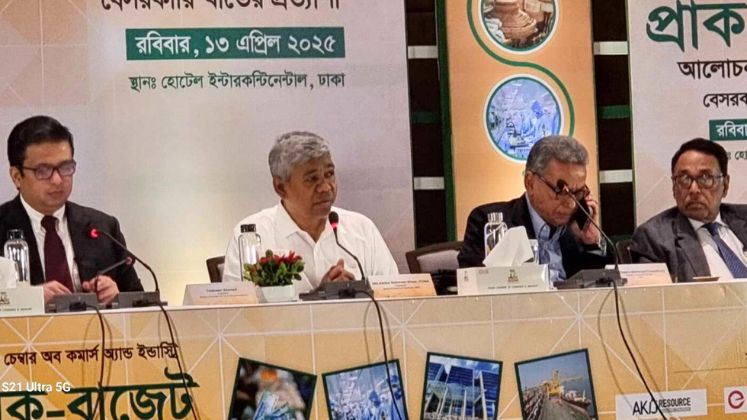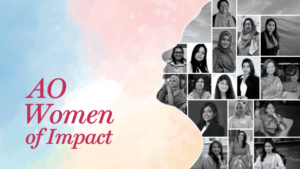
The National Board of Revenue (NBR) is exploring the possibility of implementing a uniform tax rate across all sectors to address existing disparities, NBR Chairman Abdur Rahman Khan announced during a pre-budget discussion in Dhaka.
Khan emphasised the importance of factoring taxes into business planning, stating, “It should not be a mindset that business will happen only if tax exemptions are given. If there is taxable income, you pay tax; if not, you don’t.”
The event, titled Pre-Budget Discussion 2025-26: Private Sector’s Expectations, was organised by the Dhaka Chamber of Commerce and Industry (DCCI) in collaboration with The Daily Samakal and Channel 24, with DCCI President Taskin Ahmad moderating the discussion.
Khan’s comments were met with resistance from business leaders in the ready-made garments (RMG) sector and other industries that currently benefit from reduced tax rates. Former BGMEA director and Urmi Group Managing Director Asif Ashraf voiced concerns over the potential impact of changing the tax rate midway through the current policy, stating that it could undermine investor confidence. He highlighted the importance of policy consistency, as stressed during a recent investment summit.
Matiur Rahman, chairman of Uttara Motors Limited, criticized the government’s abrupt withdrawal of tax exemptions, warning that it could hinder industrialization and lead to the closure of many industries.
At present, private, non-listed companies in Bangladesh face a corporate tax rate of 27.5%, while garment exporters enjoy a reduced rate of 12%, and certified green factories benefit from a 10% rate. Other sectors, like textiles, also receive lower tax rates, while the IT sector currently enjoys full tax exemptions. The government is gradually phasing out these exemptions to comply with International Monetary Fund conditions.
Participants at the discussion highlighted that irregularities in public expenditure pose greater challenges than revenue collection issues. Business representatives called for political stability, a conducive business environment, reduced customs-related harassment, and equitable treatment for all taxpayers.
Abdul Awal Mintoo, former president of the FBCCI, emphasized the need for a unified monetary policy for both the private sector and the government, cautioning that banks may face a crisis if they continue to struggle with opening letters of credit (LCs). He also criticized the harassment faced by taxpayers from NBR officials, which discourages many from entering the tax net.
Rizwan Rahman, former president of the DCCI, pointed out that NBR officials are hindering automation efforts in tax collection, stating, “The main obstacle comes from within the NBR and field-level officials, who fear losing opportunities for underhand dealings.”
Chairman Khan acknowledged this issue, confirming that barriers to automation do exist within the NBR. He outlined ongoing initiatives aimed at improving tax collection processes, including online tax return submissions and a green channel for trusted businesses.
In his closing remarks, Khan expressed a commitment to creating a more business-friendly tax regime, stating, “We may not be able to cut taxes significantly, but we will try to remove barriers to doing business in the upcoming budget.” He also suggested the introduction of provisions to allow the carry-forward of previously paid taxes.






